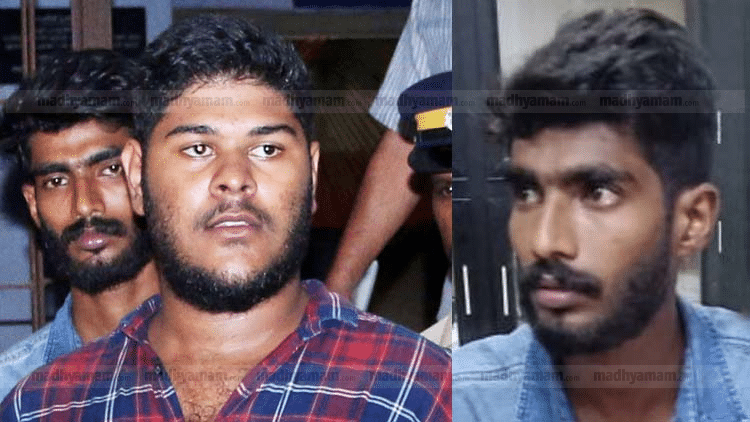
“A provocative thought does not ipso facto prove preparation for crime”, a Special Court in Kerala’s Kochi observed while granting bail to two students arrested in Kerala over suspected Maoist links, after nearly ten months of incarceration.
The Court observed that the National Investigation Agency (NIA) failed to establish a prima facie case under the Unlawful Activities Prevention Act (UAPA), 1967, against the accused, law student Allan Shuhaib (20) and journalism student Thaha Fasal (24).
The Court noted the mere possession of books on Communist ideology, Maoism, class struggle, etc., does not prove anything adverse against the accused.
“Since there is not even a single allegation of violent overtact against the accused, at this stage, possession of an internal document of the banned organisation, to the most, only indicate a leaning on the side of the accused towards this banned organisation,” the Court said in the judgment.
“There are no reasonable grounds to believe that the accusations are ‘prima facie true,” the Court said.
The duo were arrested by Pantheerankavu police in Kozhikode in November 2019 for allegedly distributing pro-Maoist posters.
In the case, NIA had submitted chargesheet against them invoking offences under Sections 38 and 39 of the UAPA which deal with association with a terrorist organization and supporting it with the intention to further its activities and uner Section 13 of the UAPA (punishment for unlawful activity) and 120B of the Indian Penal Code (criminal conspiracy).
The Court observed: “Prima facie there exist many missing links in establishing that the accused were the cadets of CPI (Maoist) organisation and their movements and activities are controlled by the organisation. It is to be taken note that, though initially the accused were booked for the offence under Section 20 of the UA (P) Act for being member of terrorist organisation, after the completion of the investigation, section 20 was dropped from the charge sheet. Right now even the prosecution doesn’t have a case that accused are members of the banned terrorist organisation. Therefore, prima facie it cannot be said that accused are the cadets of CPI (Maoist) party and their movements and activities are fully controlled by the internal circulars issued by the banned organisation. Since there is not even a single allegation of violent overtact against the accused, at this stage, possession of an internal document of the banned organisation, to the most, only indicate a leaning on the side of the accused towards this banned organisation.”
The Court also stated that here the petitioners are budding youngsters.
“At the time of arrest, the first accused was just 19 years old. The second accused was of 23 years of age. The first accused was a student of law. The second accused was a student of journalism. It appears they used to be proactive on each and every contentious social and political issues. Such persons will be more prone to extremist ideologies and probably that may be reason for the petitioners to come in contact with the banned organisation. Petitioners are having no criminal antecedents. Available records reveal that petitioners are young men with a possibility of reforming themselves,”Court said.
Kerala left government had come under heavy criticism when the Kerala police booked the case under UAPA. Chief Minister Pinarayi Vijayan defended the arrest, stating that the two were not CPI(M) cadre but ‘Maoists’. Allan and Thaha, who were both members of the CPI(M), were ousted from the party in February after they were arrested.



